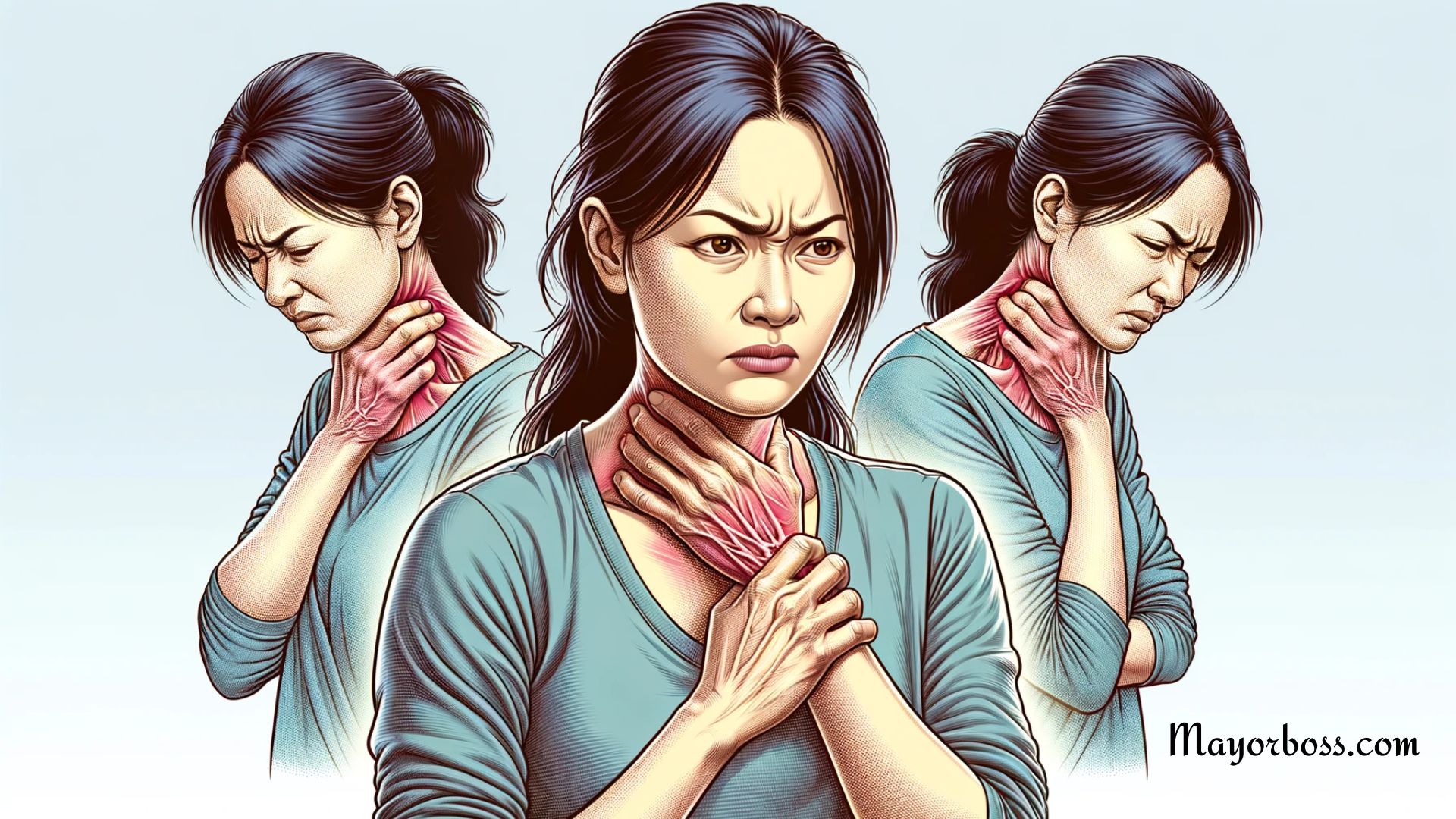What Is Tetanus?
What Is Tetanus?
Tetanus is a severe infection caused by Clostridium tetani bacteria. These bacteria are quite common in the environment, especially in soil, dust, and manure. They can enter your body through a wound or cut, especially if it’s deep or contaminated with dirt.

How Tetanus Affects Your Body
Once the bacteria get into your body, they release a toxin called tetanospasmin. This toxin targets your nervous system, which controls your muscles, and it can cause muscle stiffness and spasms — the most recognizable sign of tetanus is lockjaw, which is when your jaw muscles tighten, and you can’t open your mouth.
Symptoms of Tetanus
If you’re worried about tetanus, keep an eye out for the first symptoms, which typically appear within 7 to 21 days after the bacteria enter the body. Early signs of tetanus include fever, sweating, seizures, and muscle stiffness starting in the jaw, followed by stiffness in the neck and abdomen. The spasms can be severe and affect your breathing, and have trouble swallowing. If you notice these symptoms, it’s crucial to see a doctor immediately.
How Do You Get Tetanus?
You can get tetanus through:
- Wounds contaminated with dirt, feces, or saliva
- Puncture wounds from nails, needles, or any object that breaks the skin
- Burns and any crushed body tissue
- Surprisingly, even tiny cuts or scratches can be a gateway for tetanus if they’re exposed to the bacteria.
Prevention
The best defense against tetanus is vaccination. The tetanus vaccine is often given in combination with other vaccines, such as diphtheria and pertussis. Experts recommend a series of shots for children, with booster shots for adults every ten years.
Wound Care to Prevent Tetanus
In addition to vaccination, proper wound care is essential. If you get a cut or a puncture wound, clean it thoroughly with soap and water. For deeper wounds or wounds contaminated with dirt, it’s important to see a doctor. They may recommend a tetanus booster if it’s been a long time since your last vaccination.
Treating Tetanus
If someone gets tetanus, they’ll need immediate medical treatment, which may include:
- Medications to neutralize the toxin
- Antibiotics to kill the bacteria
- Wound care for infection prevention
- Drugs to control muscle spasms
- Supportive care, like breathing assistance, might be necessary in severe cases.
Conclusion
Tetanus is a preventable but serious condition. Always take care of wounds quickly and keep up-to-date with vaccinations. If you get injured, and you’re not sure about your last tetanus shot, it’s better to be safe and talk to a healthcare provider. Science studies show that prevention is far better than treatment when it comes to tetanus.
